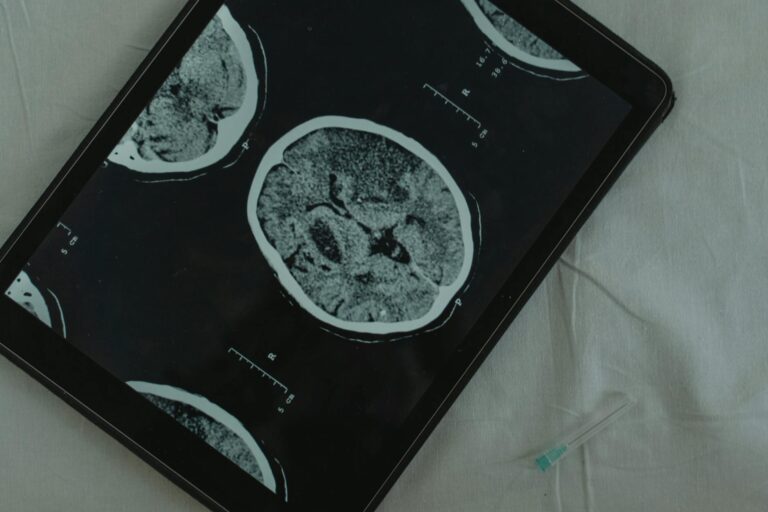Loneliness as a Predictor of Cognitive Decline
Loneliness is often viewed as an emotional state, but it has profound effects on both mental and physical health. Recent studies have shown that loneliness can significantly predict cognitive decline, which is a major concern for public health. Cognitive decline refers to the reduction in cognitive abilities such as memory, problem-solving, and decision-making. Understanding how loneliness impacts cognitive health is crucial for developing effective interventions.
### The Impact of Loneliness on the Brain
Research indicates that prolonged social isolation, which often leads to loneliness, can cause changes in brain structure and function. Neuroimaging studies reveal that social isolation can lead to reduced brain volume, particularly in areas responsible for memory and cognition. The hippocampus, a region vital for memory, is especially affected, leading to cognitive decline and further exacerbating feelings of loneliness[1][3].
### Cognitive Decline and Loneliness
Studies have consistently shown that higher levels of social isolation are associated with both memory decline and poorer cognitive function. This is because social isolation reduces cognitive stimulation, which is essential for maintaining cognitive health. Additionally, socially isolated individuals often experience increased psychological stress and reduced emotional support, both of which are risk factors for cognitive decline[3].
### The Role of Social Connections
Social connections play a critical role in mitigating the effects of loneliness on cognitive health. Engaging in social activities helps build cognitive reserve, which acts as a protective buffer against cognitive deterioration. Community-based activities, social support groups, and even virtual platforms can foster social engagement, thereby reducing the risk of cognitive decline[3].
### Gender-Specific Risks
Recent studies have highlighted gender-specific associations between loneliness and cognitive decline. For instance, persistent loneliness in older women is associated with a higher risk of dementia and cognitive decline compared to men. In men, new-onset loneliness is linked to an increased risk of dementia[5].
### Interventions and Prevention
Addressing loneliness requires a multifaceted approach. Interventions should focus on fostering genuine social connections and community support. Promoting physical activity, mental health support, and healthy behaviors can also enhance neuroplasticity and protect against brain deterioration. Early identification and intervention are key to preventing loneliness from becoming a chronic state that contributes to cognitive decline[3][5].
In conclusion, loneliness is not just an emotional state but a significant predictor of cognitive decline. Understanding its impact on brain health and cognitive function is essential for developing targeted interventions to mitigate these effects. By prioritizing social bonds and addressing the broader social determinants of health, we can create a healthier, more resilient society.





